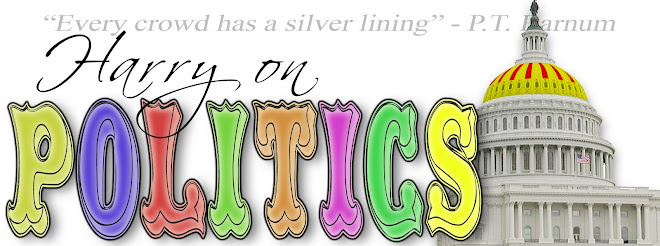It's bad:
Think of health insurance like any other insurance - companies are hedging a bet that they will take in more money than they expend. The product they deliver - whether it be costs for a car accident or costs for healthcare - don't matter. What matters is that they make money.
In the case of car insurers, if you're bad risk, like having too many accidents or too many tickets, you lose you insurance. Here in MD, car insurance is mandatory, so if an insurance company drops you, you have to buy state-run car insurance, Called MAIF. That's the Maryland Auto Insurance Fund.
In my younger and wilder years, I found myself in their clutches. Their rates were about 3 times higher than the highest private insurer, and probably with good reason. The insurance was also bad. No such thing as insurance to cover your car - all that was covered was the other guy and the minimum PIP that was required by law. In other words, you could still get sued and lose everything if you had a bad accident.
Private insurance was only an option if you could find an insurer willing to pick you up. You know the drill - stay out of trouble for about 3 years, re-establish yourself as a good driver, and then you go with one of the expensive, ;ow-end private insurers for about another 3 years, then you're more or less clean, and can get with a decent company.
That is Maryland's car insurance public "option." I went through this; I know.
Now apply that to health care.
The problems created:
If we have a public option, expect it to be like Medicare and the VA put together. It would be so because there's no other way that the Feds know how to run an operation. Endless bureaucracy and low quality, because no one with any sense wants to work for them.
FYI: if you have no experience with the VA, know that they are not known for 3 things: Speed, efficiency, and up-to-date medical practices. Forget cutting edge; it simply costs too much. The VA relies on medicine that is old-school with low effectiveness, because it's cheap.
So with a Federal health-care option, you can expect to pay a good chunk of money (Medicare ain't cheap), for crowded services that are out of date. And overall, it will lose money due to systemic inefficiency and an apathetic workforce.
Effects on the Marketplace:
Now consider what this will do to private insurance: it will drive up the price. The reasons are simple: The health insurers will now be able to offload their worst cases (meaning those people with chronic diseases like MS, Lupus, diabetes, asthma, migraines, etc etc) onto the public plan. Remember, private insurers are all about efficiency and keeping costs low relative to income. They may be the insurer of choice for the young with no health problems. The public option will be the forced option for the elderly, the infirmed, and those with low and even middle income, as well and anyone with any degree of health issue. Forced there, because the private insurers will price their coverage for "pre-existing conditions" so high as to be only affordable by the wealthy. (That's probably fair, though, since they're the ones who will be taxed to death so that the Federal public option can exist at all.)
If you want examples, look to Hawaii and Tennessee.
So the mess proposed by the Democrats from President Obama on down is not at all what it seems; it's written by people who don't know the first thing about economics or business, much less heath care.
Urgent?
Congress's plan disrupts an entire nationwide health delivery service that is the model for the world, so they can deliver care to a small minority. Think about it: 315 million people will be disrupted to cover 16 million people. Stupid. It's throwing out the baby with the bathwater - bathwater that's actually pretty clean. Factor in that the 16 million uninsured do receive healthcare - usually through emergency medicine departments and free clinics. So it's not like they're dying in the streets. They just don't get their care in as organized a fashion as the rest of us.
So what's the rush?
The Solution:
How do we cover the 16 million uninsured? Stop looking at it as an insurance problem, and look at it as a health care delivery problem. Take money out of it for a moment.
Those with low incomes and uninsured - why can't they be rolled into either (or both) the Medicare and/or VA systems? It seems to me that if VA healthcare is good enough for veterans, it's certainly good enough for the poor. Heath insurance costs (meaning administrative costs) are removed from the equation this way, allowing the government to focus solely on delivery costs, as they do with the VA. Ideally, the Public Health Service would be expanded for the poor, separating their health care from the VA system. But the VA can be used as a model for the PHS delivery system.
If Congress is hell-bent on providing insurance to the poor, why not simply roll them into the Senate's health insurance plan? What's good for goose... But as usual, the Democrats want to give us something that's not good enough for them.
As always, the Congress has ideas that it thinks are good (for whatever reason), then rams it down the throats of the People. In this case, it's coming at light speed. That's not right. Something this big and far-reaching needs 2 things: deliberation and public input. But don't hold your breath.
Since the uninsured are now receiving healthcare, maybe the right thing to do is nothing.
Subscribe to:
Post Comments (Atom)

No comments:
Post a Comment